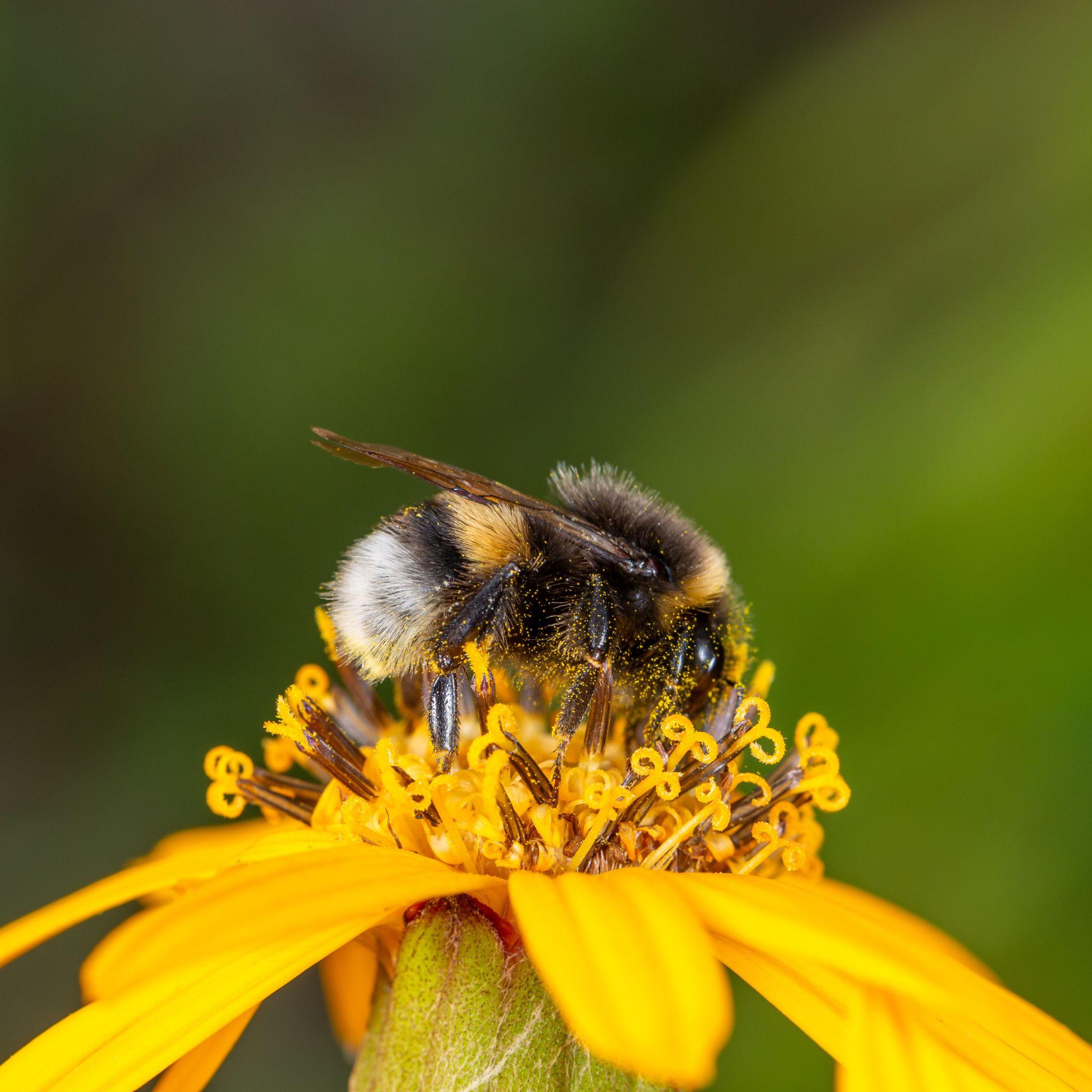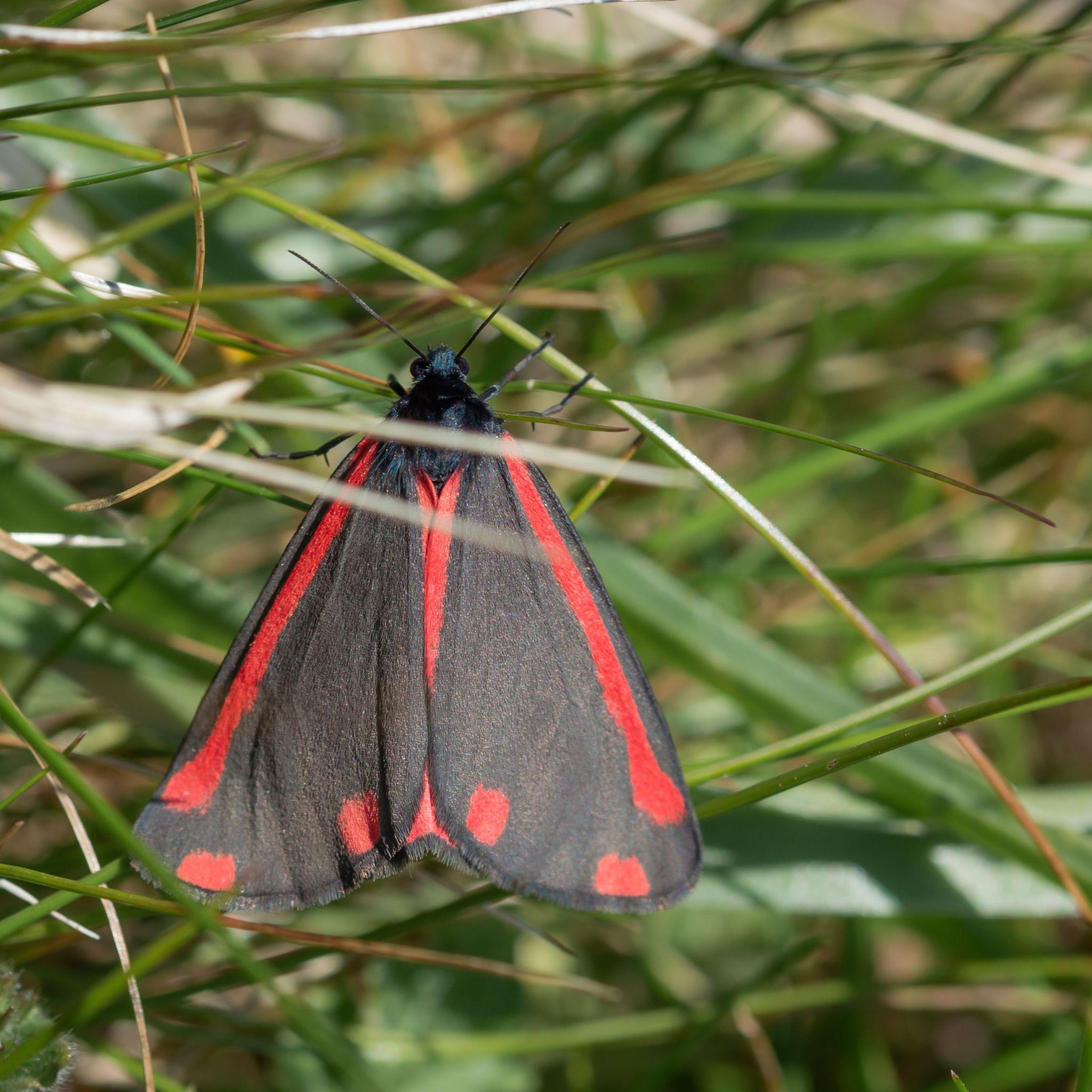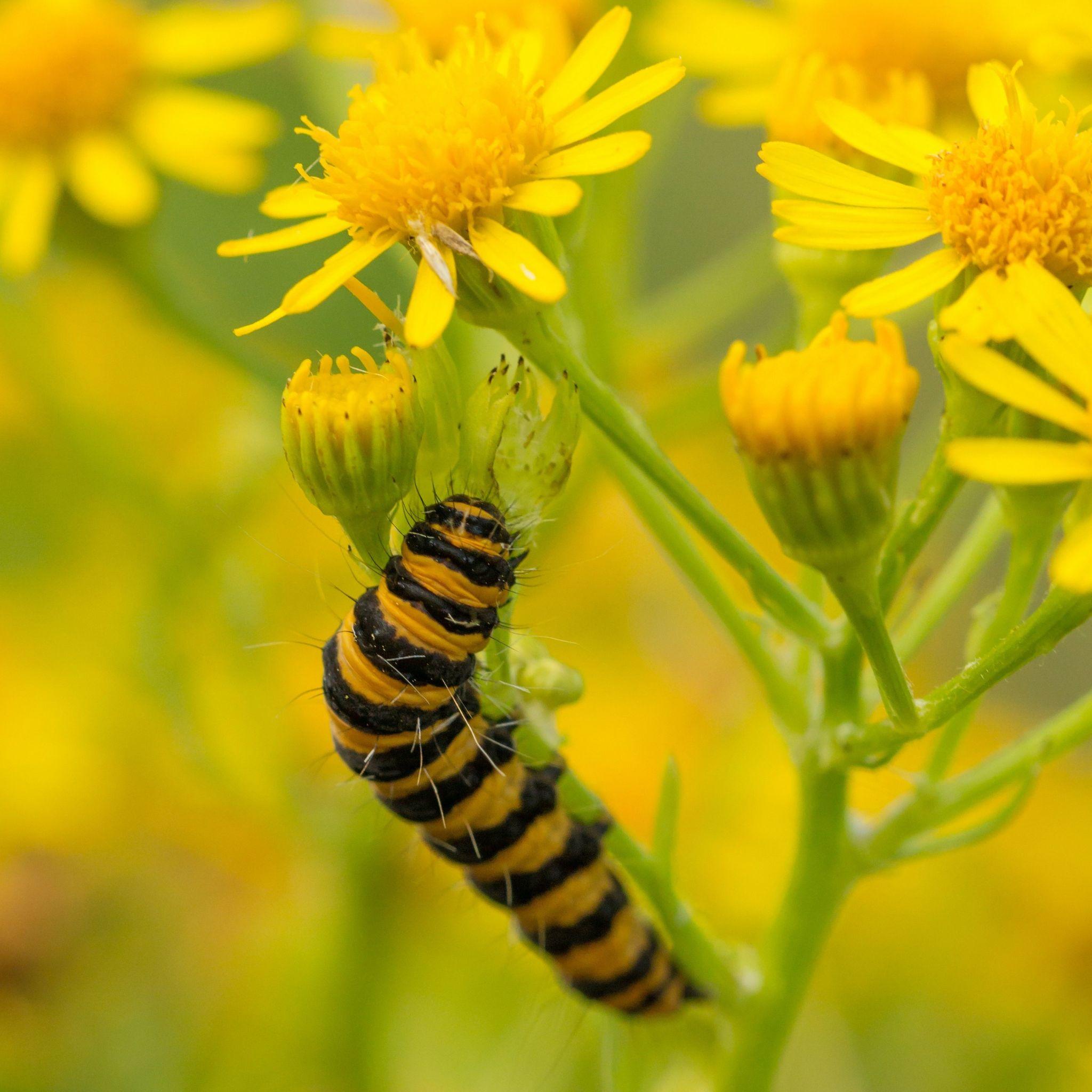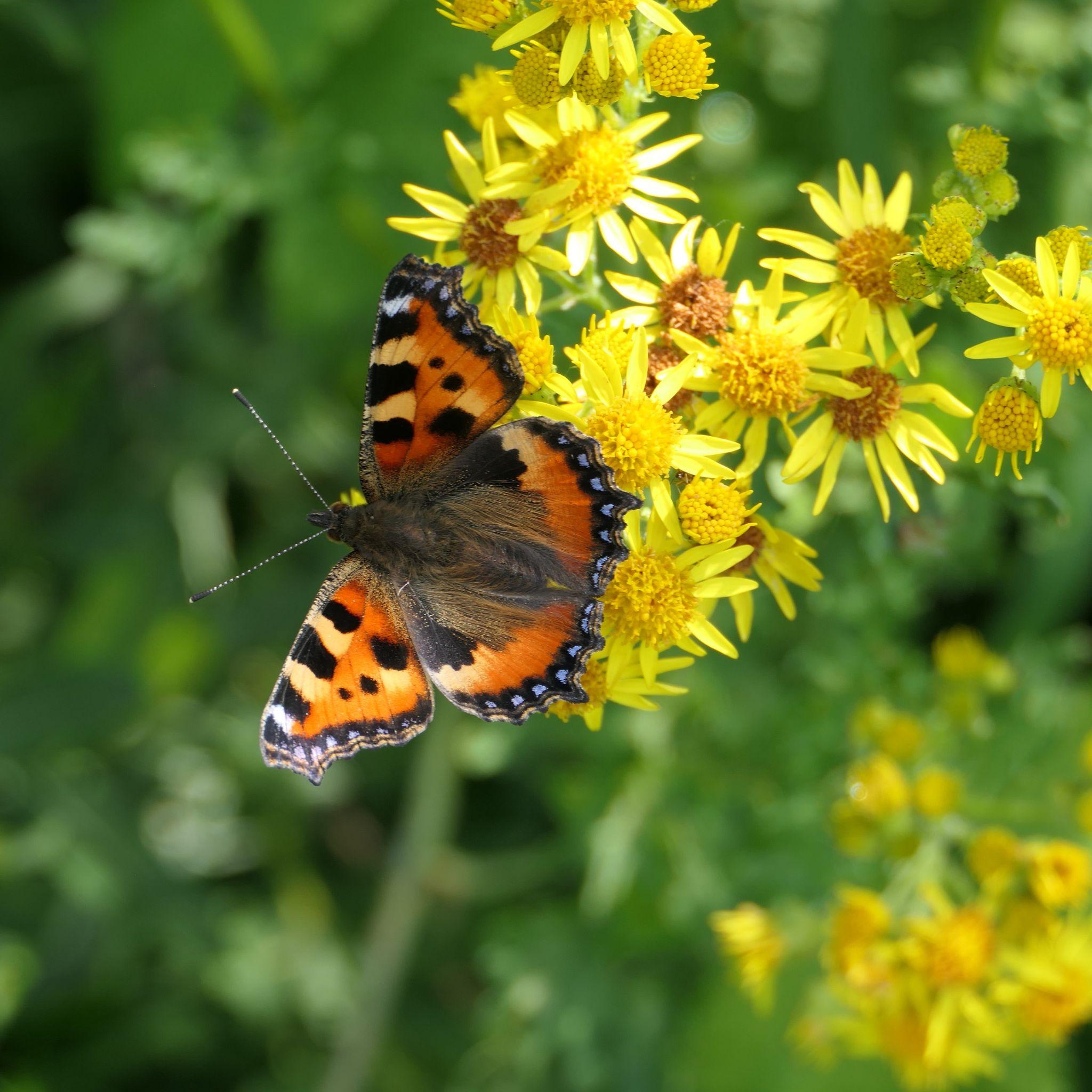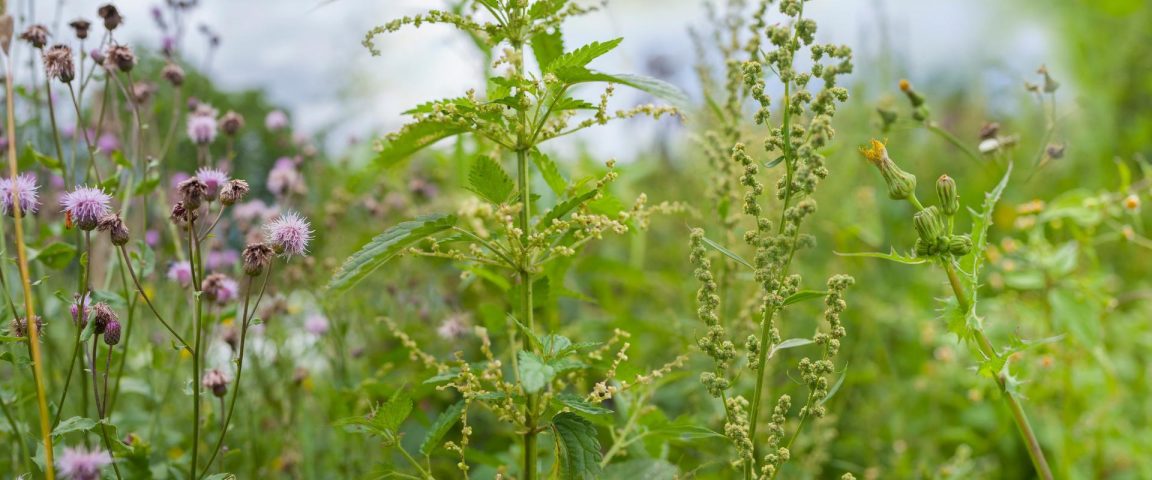
Visitors to the Parklands may have observed higher volumes than usual of nettles, docks and thistles on their walks around the estate this Summer. This is a planned exercise and part of a recent initiative of the foundation to begin the transition from an intensive regime of grazing and silage production to a species rich grassland and mown meadow. This initiative is managed by the National Parks and Wildlife Service under their Farm Plan Scheme.
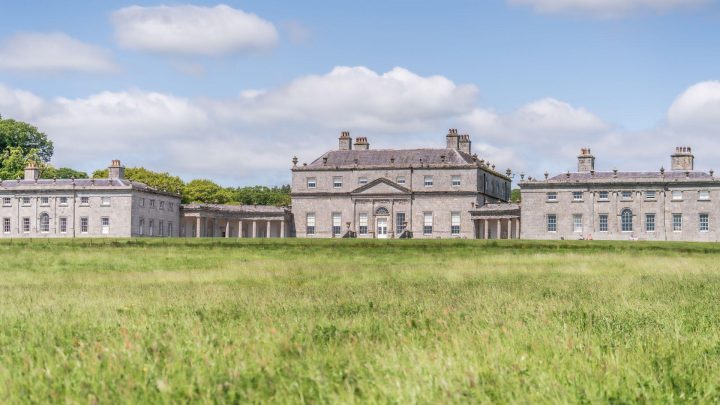
One of the main objectives of the NPWS Farm Plan Scheme is to trial novel approaches to farming for the environment, to safeguard particular sites, habitats and species, and to work towards meeting conservation measures required under the EU Birds and Habitats Directives.
As we ceased fertilising and reduced the intensity of grazing, we are now experiencing an expected explosion in plants which thrive in a nitrogen rich environment. Nettles, docks and creeping thistle prosper in these circumstances which is typical during the early stages of re-establishing a botanically rich grassland.
As the nitrogen in the soil depletes, these plants will weaken allowing our native meadow grasses to emerge.
“Weed” is a vague term. It comes from the Old English weod and means a plant, a grass, a herb or a tree – anything that grows abundantly around us. That is to say, a plant that exploits our growing conditions, be that in an agricultural field, a back garden, a pavement edge or a park. Weeds are plants, often wildflowers – until they come a little too close and take advantage. Then they are weeds.
A feast for Russborough's Wildlife
Of course, weeds need to be managed but even these noxious weeds can be valuable. Many of these weeds are excellent for the environment because they feed others. Their flowers feed many insects; their leaves feed caterpillars, aphids and other soft-bodied things that in turn are the feed for other insects, birds and mammals. Above we have bees, beetles and the caterpillars of the cinnabar moth feasting on the flowers and stems in the Parklands. Even the much maligned nettle is the perfect weed for creating a butterfly haven and supports more than 40 species of insects.
So while you may wonder, as you stroll the Parklands, why things seem a little wilder this year. We're learning to love our weeds... Their rise and fall are part of the rhythm of gardening.
